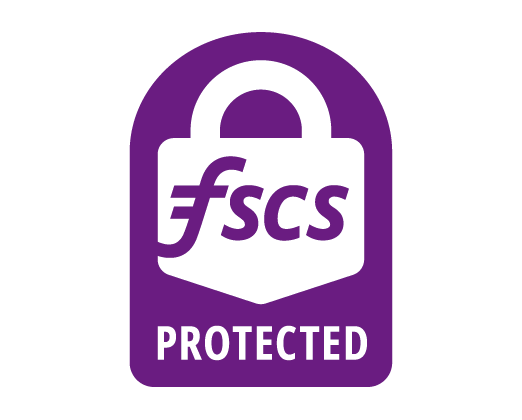Tuesday 02nd Dec, 2025

When you take out a financial product such as a savings account or a pension or buy an insurance policy, how can you be sure that your hard earned funds are protected?
It’s an important question, especially in today’s world with a bewildering array of money products available from firms we may not have heard of before. So, it’s good to know that since 2001 there has been a free protection service in the UK called the Financial Services Compensation Scheme (FSCS for short).
Although it was set up by Parliament and is fully funded (by law) by the financial services industry, FSCS acts independently with a mission to provide a free trusted compensation scheme for customers when financial firms such as banks, building societies and credit unions fail. This helps to raise public confidence in the industry.
Due to the high standards of regulation in the UK, failures are thankfully rare. But since 2001 the FSCS has paid out hundreds of millions in compensation to customers of firms that have gone under, often up to the maximum of £120,000 per person.
What does the FSCS cover?
When visiting a branch or browsing the website of a UK-authorised bank, building society or credit union, you may have noticed this badge. It assures you that the firm has the deposit protection scheme in place. Always look out for the badge when you are seeking somewhere to deposit your money.

As well as banking-type products, the FSCS can also compensate holders of debt management plans, funeral plans, insurance policies, mortgages, investments and pensions if their providers fail. Full details of the eligible cover, limits etc may be found on the FSCS website.
With savings accounts, the FSCS can pay you back any money you hold with a failed firm, up to a total of £120,000 per person. Note that this is not ‘per account’. So, if you have more than one savings account with that firm, you’ll only get up to £120,000. But joint account holders could get up to £240,000 between them. If you are a small business, charity or junior saver, you should also be covered up to £120,000.
There are some exceptions. If you have accounts with bank brands that are part of the same group (such as Bank of Scotland and Halifax; Co-op and Smile; Virgin Money and Clydesdale), the limit applies to the total held across the group, not each one separately. And if you have deposited a very large amount due to a ‘life event’ less than six months before a firm fails, you may be able to claim funds back of up to £1.4 million. Qualifying life events include selling your main residence, getting redundancy money, benefits or a compensation payout.
If a firm fails, how can I get my money back?
You don’t need to do anything. Once a firm is declared in default, FSCS aim to automatically pay back your savings using the account information held by your provider within 7 days. They will contact you by post, in an unmarked envelope, and either enclose a cheque or a letter that you can take to a Post Office to get cash over the counter. Where you had a temporary high balance, you may be asked for proof of the life event, so it may take up to three months.
So, there we have it. It’s reassuring that when you save with regulated firms like HEY Credit Union, all your savings are FSCS protected (up to a total of £120,000 from 1 Dec 2025). This even includes our Christmas Saver account, unlike unofficial Christmas clubs (didlums, hamper clubs etc) which are often at risk.
Find out more about how the FSCS operates
JES / Feb 2025 / 27 Nov 2025